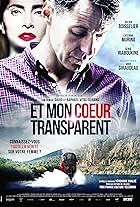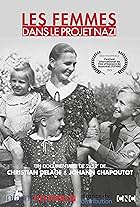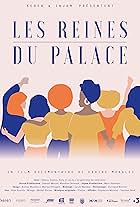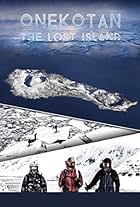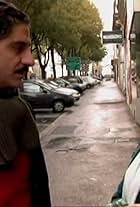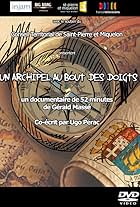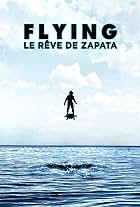Advanced search
- TITLES
- NAMES
- COLLABORATIONS
Search filters
Enter full date
to
or just enter yyyy, or yyyy-mm below
to
to
to
Exclude
Only includes titles with the selected topics
to
In minutes
to
1-50 of 67
- "I m called Lancelot Rubinstein, my wife died that day, in this moment. She was called Irina. The more strange in this story is to discover the person with which we live once that she is dead. "
- During the Second World War in the United States, cinema was extensively used as a propaganda vehicle. All the great filmmakers were involved: Capra, Ford, Huston, and Hollywood's new master of suspense, Alfred Hitchcock. After making several films advocating American entry into the war alongside the British, in direct violation of the Neutrality Act, Hitchcock took advantage of Zanuck's departure from 20th Century Fox to launch a major new propaganda project: Lifeboat. He asked John Steinbeck to write the basic story. This great American literary figure, author of The Grapes of Wrath, whose adaptation was one of Fox's biggest successes, was himself very committed to the war effort. When Lifeboat was released, success quickly turned to controversy. What if Hitchcock's film had completely missed the mark? What if, instead of providing anti-Nazi propaganda, the film actually defended the thesis that the German people were superior to the Allies and the union of democracies?
- Director Bruno Romy has put together a surreal, droll, and sometimes melancholy, sometimes simply trashy series of seven vignettes on the love lives of several couples.
- Misogynist, unfaithful, unhappy in love? Napoleon loved women, and many played a decisive role in his life: his mother, sisters, wives, confidantes, one-night lovers, or regular mistresses. They came back to his mind during his exile on Saint Helena, where he experienced his last loves. The passionate Albine de Montholon and the clever, witty Betsy Balcombe rekindled the most intense moments of his existence.
- Under the Nazi regime, were women only glorified for their ability to give birth to future soldiers? Obviously not. How could a dictatorial regime with a total absence of women in the upper echelons of power, through laws, films and a clear desire to put an end to bourgeois norms, actually encourage the emancipation of young people? women ? One of the most interesting paradoxes of this documentary.
- As every Sunday in the Detention Center where she finds herself prisoner, Nathalie awaits her turn in the visiting room.
- In a factory bunker on the outskirts of Krakow, a group of punk outsiders live by their own rules, bobbing their heads to the sound of their favorite bands while hand stitching leather boots labeled "hand stitched in Poland." The crisp charcoal-like images are framed and edited to vibrate along with the punk rock music that fills the workspace during the day and fuels the parties at night. This unique boot factory shows that rock and roll can still represent real resistance. The camera moves discreetly, always immersed in the events. Extreme close-ups of the leather and of the scars on the flesh are tactile, tangible and touchable. Cult director Kowalski reveals the simmering tension in the bootmakers' lives and the releases they find in their work and music. The images confront us directly, the music intrusive, scenes gather speed and tumble forward. Nevertheless the apparent spontaneity of the pictures conceals a real mastery of cinematic techniques. The camera follows their lives first showing the mythical aspect of the enterprise but then a harsher reality.
- It was planned as a journey to one of the most beautiful and most fascinating islands in the world! It turns out as their most dangerous and toughest adventure ever! the professional Freeskiers Phil Meier, Matthias Haunholder and Matthias Mayr try to reach the Island Onekotan far out in stormy seas to ski the most unique Peak in the World.
- A drought-struck island in the Mediterranean - Welcome to Cyprus. Anne Quéméré meets some of its inhabitants whose daily lives face dramatic changes due to the ever-increasing scarcity of water.
- Simon Tabet is a Lebanese who currently lives in the United States. He urgently arrives to Marseilles to look for Nirane Tabet, who maybe his long lost sister, reported missing during a massacre in which his whole family perished at the outset of the war in Lebanon (1975-1990).
- John and his mother Catherine saw their lives tumble because Peter, the father, chose to humiliate his wife in front of his children and neighbors to punish her for a hostile rumor.
- Between Paris and Tunis, a film reel deemed to be the first test for talking movies is the Pandora box that makes us meet a brilliant and visionary man: Jacques Haïk.
